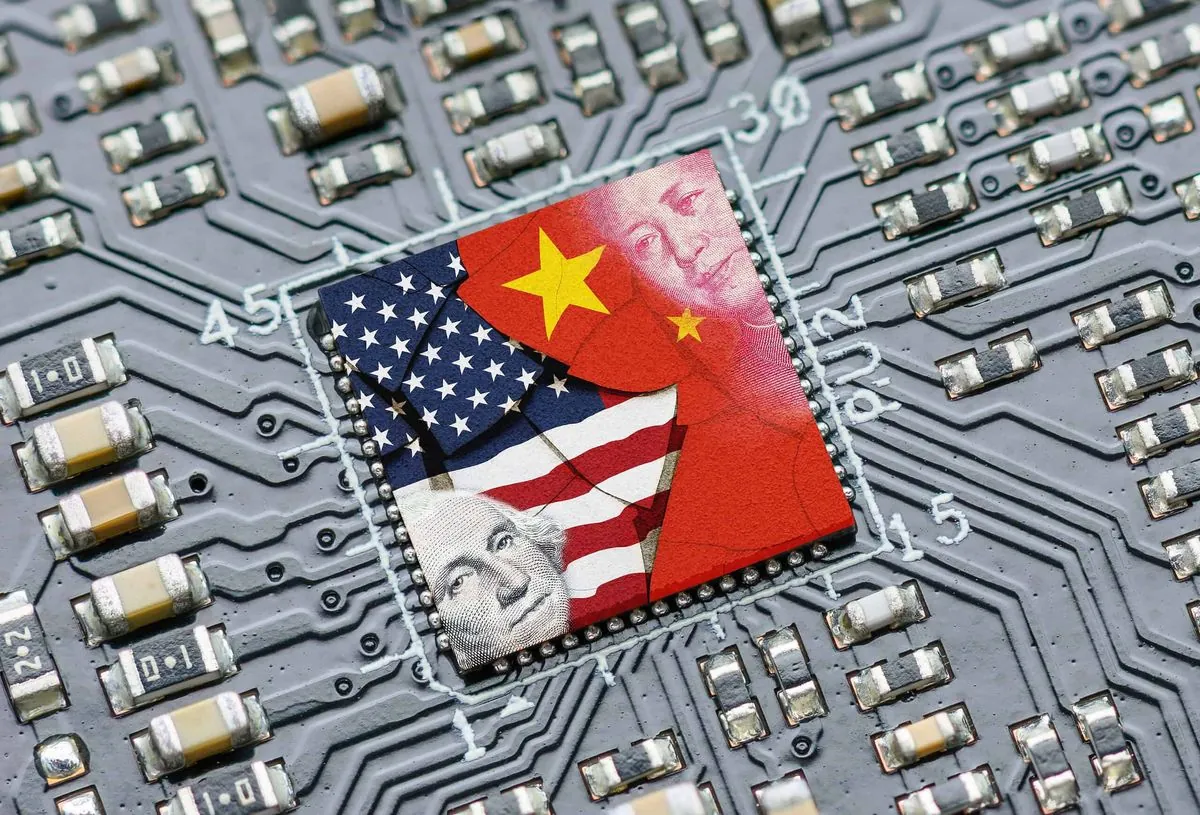US risks falling behind China in AI race due to one-sided strategy
Bidenʼs administration bet big on large-scale AI models while China focuses on practical applications. This risky approach might cost US its tech leadership as narrow AI systems show more real-world value

The US governments approach to artificial intelligence looks like a high-stakes gamble‚ with most resources going into large scale models (just like ChatGPT) While other countries take different paths
In last fallʼs AI memo the Joe Biden administration made it clear: they think super-smart AI will change everything. Its like putting all your money in one start-up – risky but could pay off big. However this bet might not be the best idea for national security
The tech world has split into two groups about AIs future. One side led by companies like OpenAI and Anthropic thinks big general-purpose AI will solve everything; the other believes in small specialized tools. The debate got so heated that some call it a tech-world religion war:
- Big model supporters say AI will be smarter than humans
- Critics point to current tech limits
- Investment community starts having doubts
- Even OpenAI lowered its short-term goals
The real problem is that while US focuses on super-AI China works on practical stuff. Their narrow AI systems – which need less computing power and solve specific tasks – are getting better fast. For example Chinese image recognition tech (important for military use) already beats US systems in many areas
The defense sector already uses lots of narrow AI for things like drone control and fixing equipment – none of which needs huge language models. The US governments push for massive data centers dont help with these practical uses
Its time to think about balance: supporting both big AI dreams and small practical tools. History shows that being first with new tech isnt always as important as using it well. The Donald Trump administration might want to look at this differently when they take over – maybe keep pushing frontier AI but dont forget about other important uses
The solution looks simple but needs work. The Defense Department should find areas where small AI can make big changes. We need more programs like Energy Departments FASST which looks for specific AI uses; and we need to think about making basic computer chips (not just the fancy ones) because China leads in those too





























